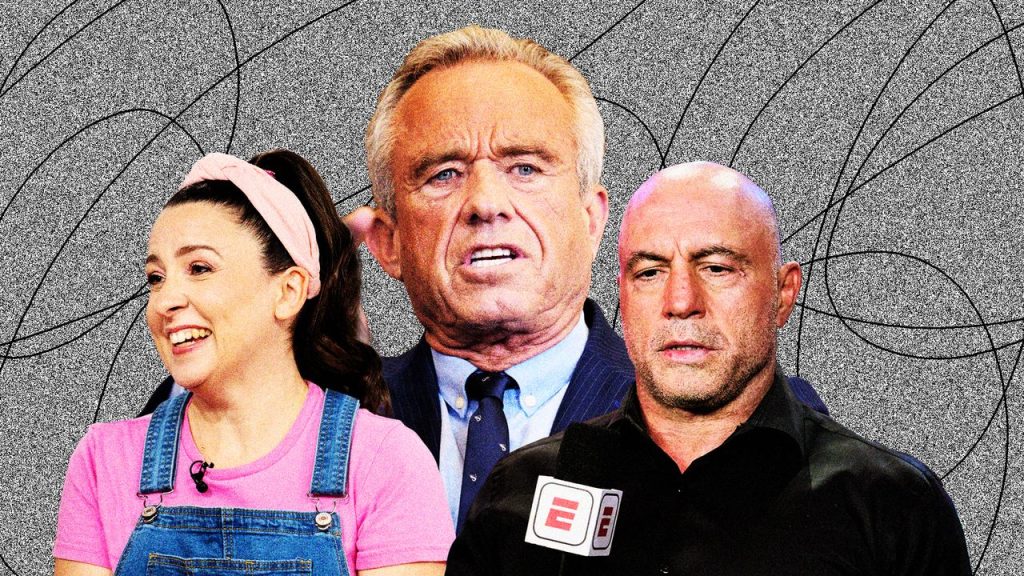Lindsay Ellis, a California-based filmmaker and mother of two, has been making videos for YouTube since 2007. But even she was surprised by the response to her most recent release on the platform. In her 142-minute video “The Unforgivable Sin of Ms. Rachel,” Ellis explains how the children’s entertainer figures into debates about “woke” children’s media before pivoting to conversations about genocide, the war in Gaza, and the roots of antisemitism. The video ends by saying that charitable donations can make a difference in situations that otherwise seem intractable, and provides a link to the Palestinian Children’s Relief Fund. As of September 12, the video has over 2 million views and has raised more than $750,000 for the charity.
In a call one week after she posted the Ms. Rachel video, Ellis tells Vanity Fair that she put extra care into it. “If you are releasing something to YouTube, you are making a pact with the algorithm,” she says. “If someone already got to the topic, you had better have a good take. You had better have something new and refreshing, or people are going to be so annoying about it.”
Ellis’s approach is more Ken Burns than Mr. Beast—a style that’s increasingly successful on a website once associated mostly with short, disposable clips. Though video essays, which intercut narration and footage—both self-recorded and stock—with occasional textual references, have had a home on YouTube since the site’s early years, they’re having a moment right now thanks to a generation of creators who have leveled up both their technical skills and their marketing abilities.
Ellis’s opus on Ms. Rachel is only one of several slickly produced video essays that have racked up millions of viewers this summer, feature-length YouTube videos that feel more like documentaries than the prank wars or makeup tutorials of yore. On March 24, ContraPoints—a Peabody Award–winning channel with 1.9 million subscribers that counts Ezra Klein, Jameela Jamil, and Chris Hayes as fans—released “Conspiracy,” an almost three-hour deep dive into Jeffrey Epstein, Alex Jones, and Robert F. Kennedy Jr. that’s been watched 4.1 million times and counting. In August, Elephant Graveyard, an anonymous creator who makes videos about comedy, released a 90-minute video about Joe Rogan’s influence on the medium, both in Austin and globally, as part three of a bigger series on the famous podcaster. In typical YouTube fashion, its title captures the argument well: “How Comedy Was Destroyed by an Anti-Reality Doomsday Cult.” The trilogy has attracted almost 9 million views.
Clearly, these videos are responsive to news headlines—but they analyze issues in a different way than news channels or topical comedians like Josh Johnson, whose viral stand-up sets launched him into a hosting role on The Daily Show this July. Video essayists rely on a balance of deep research and on-the-fly adjustments, taking a long view of what is driving the news cycle and continuing to tweak their videos until the very last minute—which adds an urgency that might not come through via scripted narration alone. Ellis said she improvised her latest video’s emotional conclusion soon before she posted it to YouTube. “I don’t know if you could tell, but my hair is dirty. That’s why it’s pulled back,” she says. “I filmed it basically the day before the video went up—like fuck it, conclusion.”

